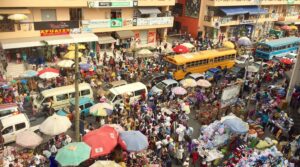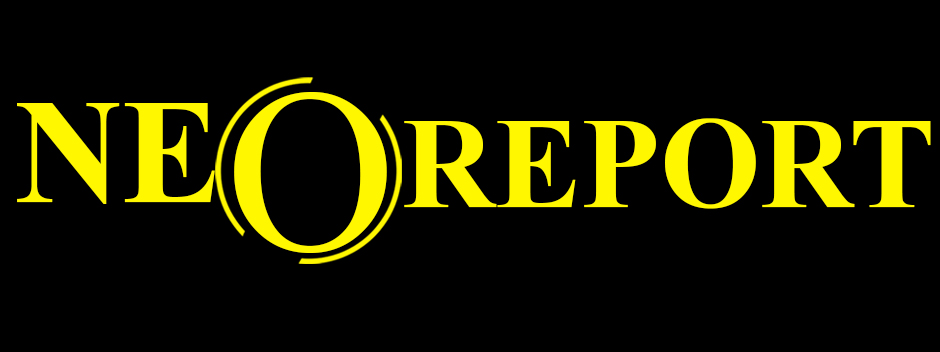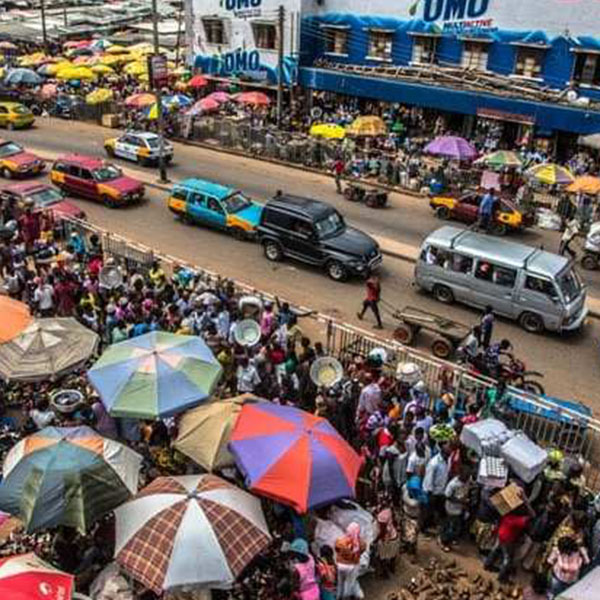Ghana has reported a 6.3% year-on-year GDP growth for the second quarter of 2025, the best performance since 2019. Non-oil sectors are driving the surge: services expanded by a striking 9.9%, far ahead of last year’s ~2%. Agriculture and manufacturing also contributed, showing progress in diversifying growth beyond oil.
Why it matters: After years of economic uncertainty, this surge suggests the recovery might be more than temporary. It could mark a turning point on inflation pressures and debt burdens.

Gold Smuggling Clampdown: Ghana Puts Muscle Behind Reform
As global gold prices rise, Ghana is moving aggressively to curb losses and leakages. A new national task force—backed by security forces—has been launched to fight illegal gold smuggling. Among other reforms, the government plans to roll out a gold traceability system, transition to refined gold exports by 2026, and establish an ISO-certified assay lab.
Also significant: as of May 1, 2025, foreigners are banned from trading artisanal gold in Ghana. Only the new body, GoldBod, will be authorized to buy, assay, and export artisanal gold.
Why it matters: Gold is one of Ghana’s biggest exports, and smuggling has been draining foreign exchange and revenue. These measures could increase government revenue, strengthen regulation, and retain more value within the country. But there will be winners and losers—artisanal miners, middlemen, and traders will all feel the impact.

Warning Alarms: Mercury & Arsenic Toxicity Soars with Artisanal Mining Boom
A newly published study by Pure Earth and Ghana’s EPA has cast a harsh light on the environmental and health costs of artisanal gold mining. Soil samples in places like Konongo Zongo showed mercury levels averaging 56.4 ppm—far above WHO’s safe limit of 10 ppm—with spikes up to 1,342 ppm. Arsenic readings also exceeded safety thresholds, in some cases by nearly 4,000%.
The study points to serious risks: kidney failure, cancer, and severe threats to children in affected communities.
Why it matters: Beyond regulatory and environmental concerns, this is a looming public health crisis. It raises questions about the safety of gold extraction when governance lags. For businesses and consumers, upstream environmental damage may translate into downstream costs—health burdens, cleanup expenses, reputational risks, and possible regulatory tightening.
Industries Push for Deeper Rate Cuts Amid Financial Strain
Despite some easing, many players in Ghana’s industrial sector argue that current interest rates remain too high for real recovery. The policy rate is 25%, lowered from earlier highs after a 300-basis-point cut in July. Still, many manufacturers say the rate is prohibitively expensive, especially for long-term investment and expansion.
Why it matters: If rates remain high, businesses may defer investments, avoid hiring, or pass costs on to consumers—slowing growth. But if the Bank of Ghana cuts further, it could unlock a wave of activity in the real sectors, provided inflation stays in check.






